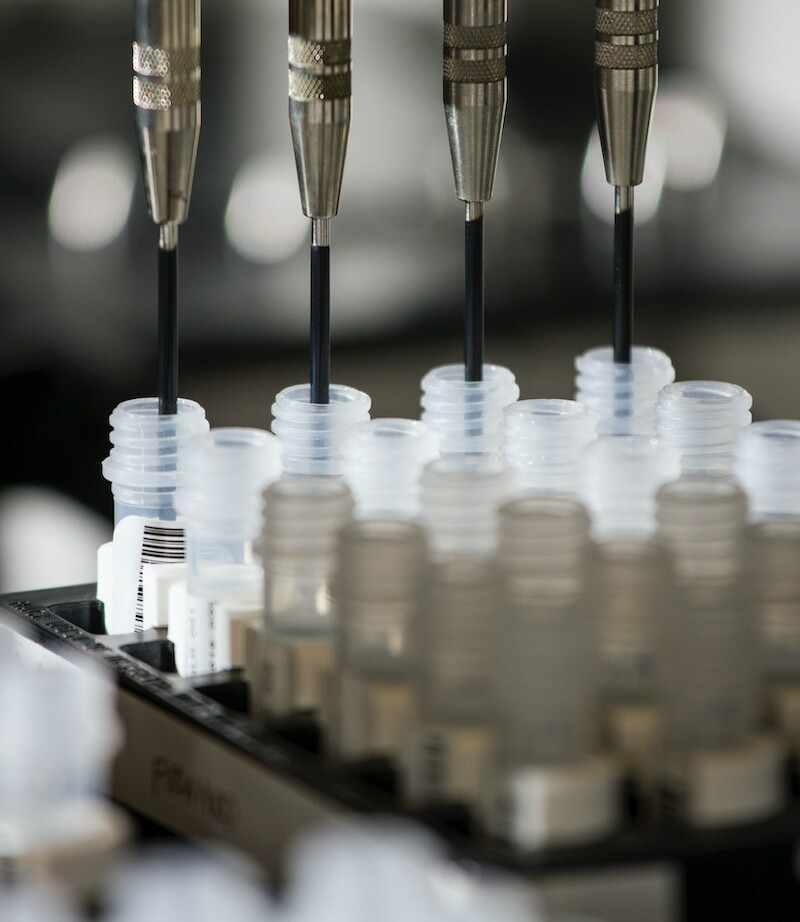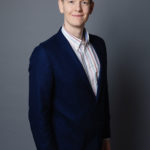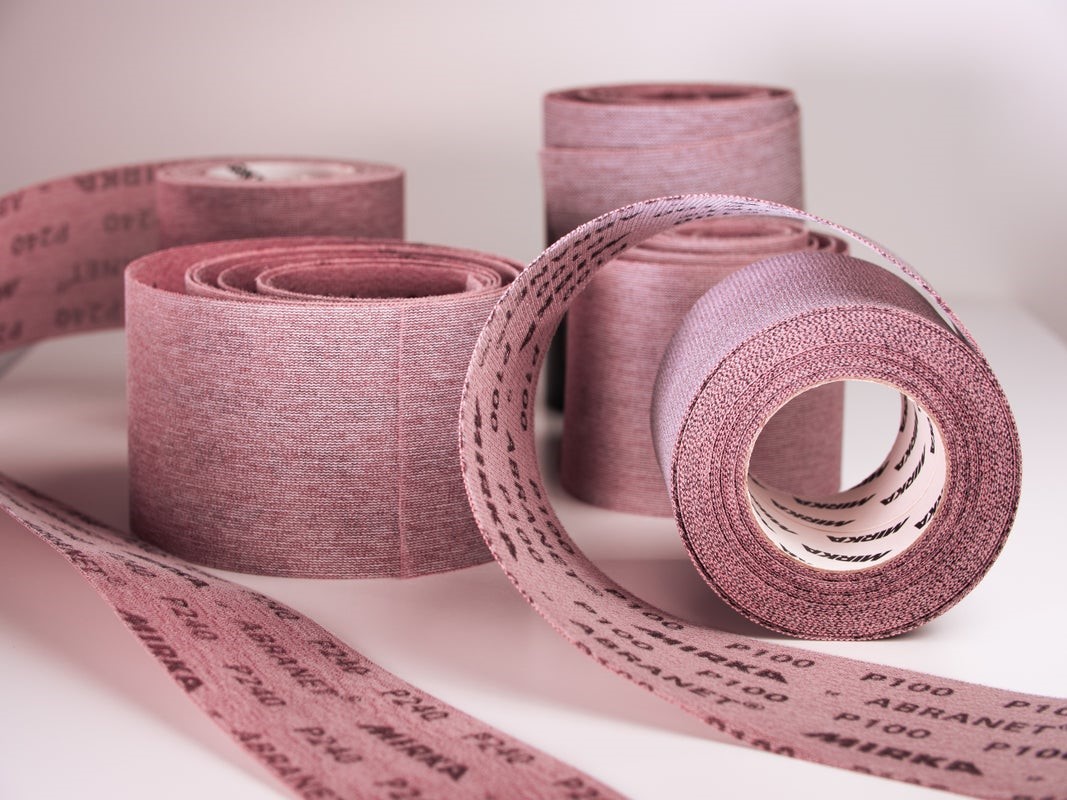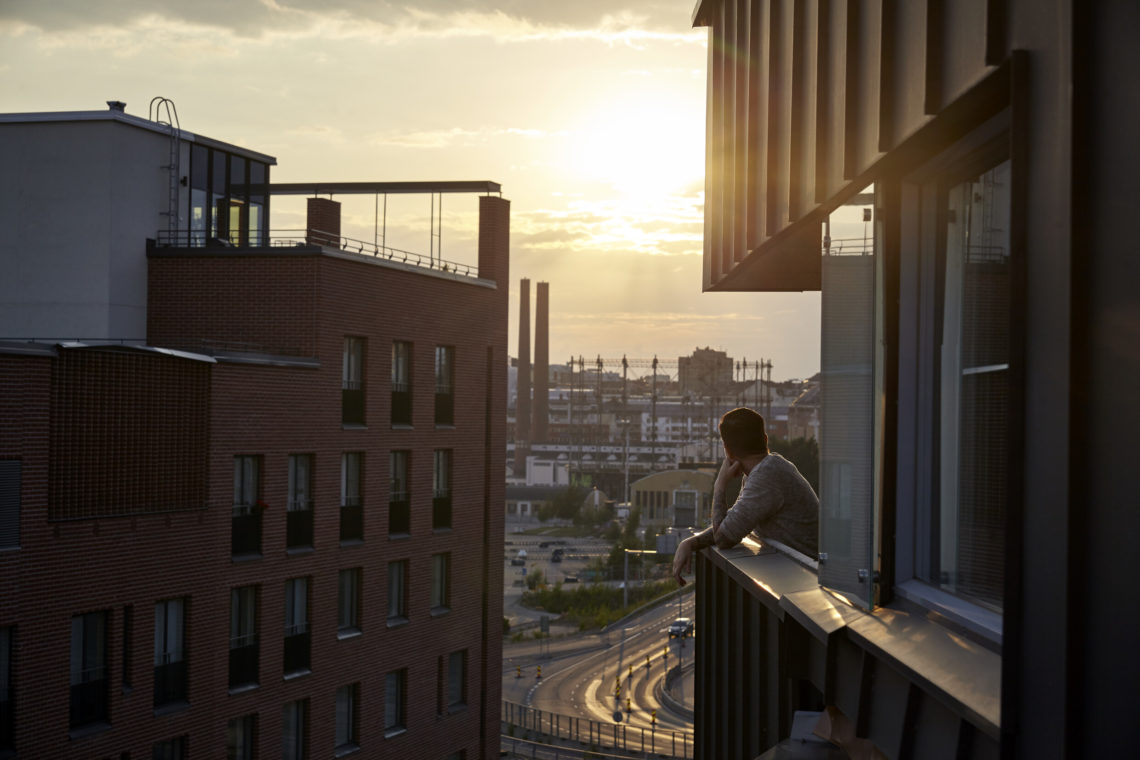A circular economy roadmap and the operating principles of the cooperation forum were created for Turku Science Park through co-creation.
Turku Science Park, located in the rapidly developing Kupittaa area, is an international centre of expertise that creates a unique framework and opportunities for increasing circular economy expertise. There are already a huge number of actors in the area, such as several higher education institutions with their researchers and students, business services, more than 400 companies and about 17,500 employees.
“The strength of the area is that it is located in the heart of the city, and the actors in the Science Park are already creating a strong starting point for all kinds of development measures,” says Janne Mustonen, Project Director at the City of Turku. Billions of euros in investments are planned for the Science Park area, which will contribute to the development of new solutions, such as those based on the circular economy.
According to Mustonen, the key project of Turku Science Park is an opportunity to implement the city’s strategy at the district level. “Cities are key solvers of global crises, which is why we want to work for the circular economy and the green transition locally and internationally.”
Clear guidelines for promoting the circular economy
Gaia’s experts were asked to help in mapping and structuring the circular economy opportunities of the Science Park. “In addition, we were hoping for guidelines for developing the operations of the Circular Economy Forum,” says Maija Rusanen, Senior Specialist at the City of Turku’s Project Development Unit. The Circular Economy Forum is a cooperation network consisting of key actors in the region.
The city did not want to receive precise implementation content in advance, but to keep the process flexible and challenge experts to propose different solutions to the questions raised. “Gaia’s greatest added value was its substance expertise and extensive experience in similar development projects around Finland, both at the strategic and operational level,” Mustonen adds.
Gaia’s SeniorSpecialist Joonas Söderholm, was impressed right at the beginning of the cooperation by how strong the will of the Science Park’s key actors and stakeholders was to develop the circular economy in the area. “All that was needed for cooperation was a clear direction, practical measures and operating principles.”
The roadmap created together utilised existing knowledge and expertise
In spring 2023, the Science Park launched a circular economy roadmap process, the starting material for which was, among other things, the City of Turku’s circular economy roadmap. The co-creation involved representatives from the City of Turku, higher education institutions, research institutes and companies.
“After the document analysis, we mapped the starting point with interviews with various stakeholders, where we received concrete proposals for measures and important perspectives on the strengths of the area,” Söderholm says.
The development work continued in two workshops with proposals related to the circular economy. According to Rusanen, a lot of good feedback was received from the workshop participants. “The participants had the opportunity to bring their own expertise to the table, and through joint brainstorming, interesting proposals for circular economy solutions for the Science Park were created.”
Kupittaa tip partnership project benefited from roadmap work
The roadmap process came at an opportune time for one of the region’s important stakeholders, the Kupittaa partnership project. The alliance model is used to develop an overall plan for infill construction in the area between Kupittaa and Itäharju. The circular economy is one of the most important aspects.
“When we take the city’s strategic goals to the planning level, we need new ideas covering the entire metabolism of the area,” says Sirkku Huisko, COO of Lundén Architecture Company, which is part of the alliance. He emphasises that regional development always takes place simultaneously at grassroots and systemic level.
Huisko particularly liked the holistic approach of the workshops, which brought space to the discussion. “With regard to the circular economy, construction must take into account the processes of people, nature, legislation, society and the economy extensively. Gaia’s experience with the same theme was very useful.
Research and education ready in the same area
It was recognised as a strength and special feature of the Science Park that the area already has top-level research and education in the circular economy. Piia Nurmi, lecturer in the Circular Economy Business Models research group at TUAS (Turku University of Applied Sciences) considers participation in the development of the area very important.
“The Kupittaa campus is home to most of the UAS’ buildings, students and employees, and we also have several research groups that examine the circular economy from different perspectives.”
According to Nurmi, the certainty brought by Gaia’s experience was important, because local actors are easily blinded to the strengths and unique features of their own area. “The experts also kept the operations ambitious enough and the perspective far enough away in the future.
Ideas for implementing the region’s circular economy
As a result, the vision and circular economy priorities for the region were defined: energy, construction, mobility and logistics, as well as urban nature and water. In addition, education and competence, user engagement and digitalisation were identified as enablers of the circular economy area. The roadmap also included proposals for measures for the development of the circular economy in the region and for the further work of the Circular Economy Forum.
“Together, we identified the potential of the Science Park as an example and development platform for circular economy solutions, and we received a lot of ideas from the participants for implementing the circular economy in the area”, Rusanen says. In addition, a visually impressive communications package was created for the Science Park.
According to Mustonen, the project has helped to communicate the plans and opportunities of the Science Park to many circular economy networks in the Turku region and to structure ideas at the same flight altitude. “We now have a good starting point for further discussions and an idea of which focus areas should be prioritised.”
The City of Turku is developing the area of Science Park as an internationally significant cluster of know-how and a showroom of top expertise with ambitious goals.
Goals
Creating Turku Science Park’s circular economy goals and operating principles for further work
Our Role
To use co-creation methods to define circular economy goals, measures and solutions, e.g. document analysis, interviews and workshops, as well as creating operating principles for the implementation of the roadmap and the further work of the Circular Economy Forum
Results
Circular economy roadmap, operating principles supporting the work of the Circular Economy Forum and communication package on the circular economy at Turku Science Park and selected focus areas
Environmental Management and Policy, Sustainable Business, Renewable Energy, Energy Systems, Energy Communities, Circular Economy, Stakeholder Engagement
joonas.soderholm@gaia.fi
+358 40 552 8571




